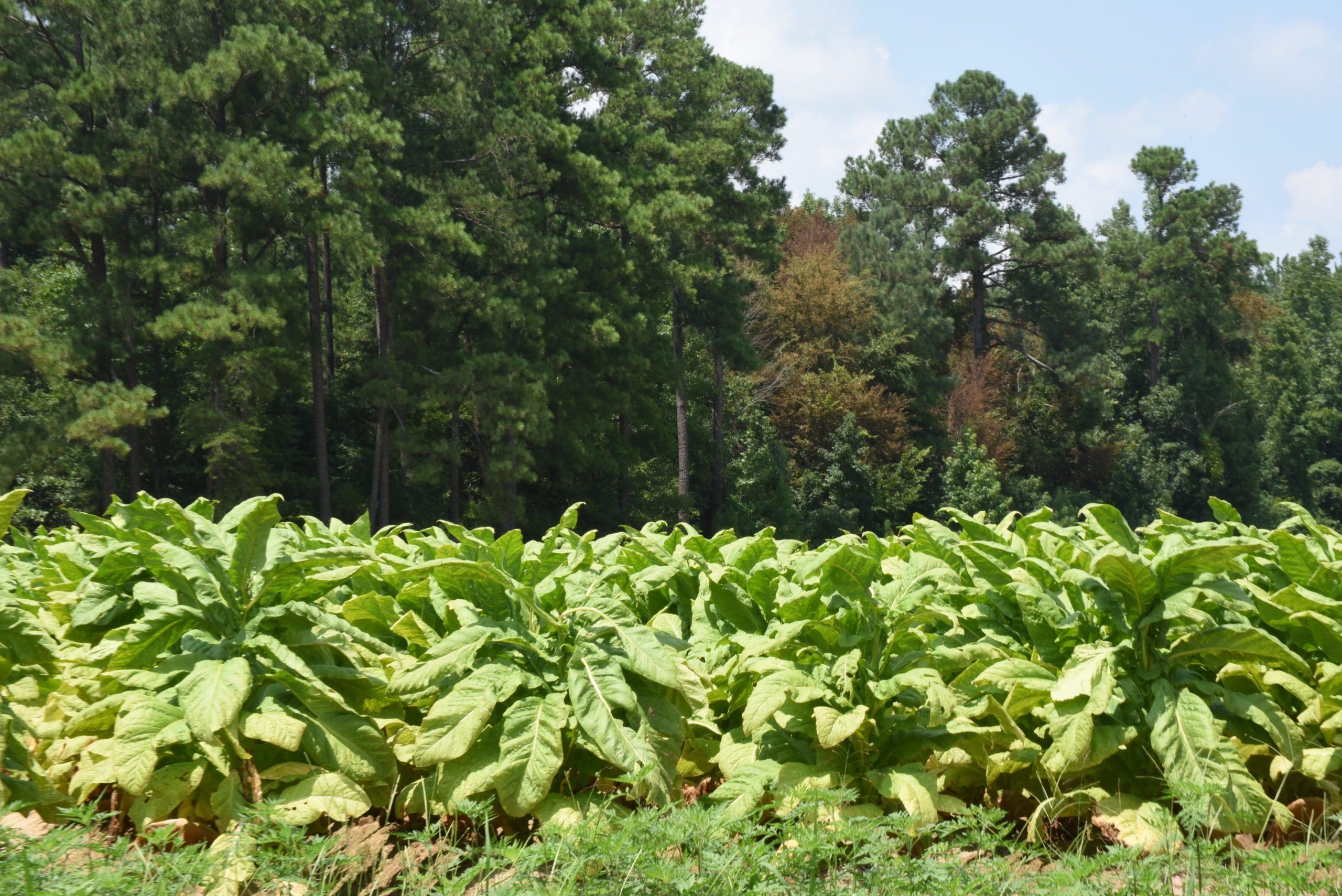
ASHEBORO — After a year of coping with a global pandemic, the Randolph County Master Gardner Extension Program is finding new ways to engage citizens with plants and gardening.
Volunteers with the Master Gardeners held two programs in June for Randolph County employees and kicked off a gardening program with Alpine Health and Rehabilitation of Asheboro. Research studies show that interaction with nature can positively impact our physical and mental health resulting in increased productivity and satisfaction in the workplace.

At a “lunch and learn” event, volunteers and county staff installed North Carolina native pollinator plants in the courtyard of the Randolph County Office Building. These plants were donated by Master Gardener, Pat Holder, who is also the Triad Chapter NC Native Plant Society Certification Coordinator. Employees of the office building came by during their lunch break to plant trees, learn how native plants help to sustain healthy ecosystems, and learn how to incorporate native plants into their home landscape. “Educating people in our community about the benefit of native plants is one of my major life goals,” said volunteer Pat Holder. “This lovely bed in front of the Randolph County Office Building was a welcome opportunity to share the value of natives.” Plants selected for the Pollinator Garden included: Orange Coneflower, Purple Coneflower, Phlox, and Butterfly Weed. The garden will soon be one of very few sites in Randolph County certified by the North Carolina Wildlife Federation as a Butterfly Highway site.

A second lunch program was taught by Master Gardener, Maxine Wright, is a retired member of the Asheboro Police department. Wright teaches therapeutic horticulture practices for the ABLE program at Randolph County Community College. The program focused on the basics of houseplant selection, care, pest control, and placement. Participants were given a pothos or begonia plant at the end of the event to introduce to their office.
Volunteers also worked with Alpine Health and Rehabilitation Center to plant raised bed gardens with staff and residents. Program participants at the rehabilitation center helped to plant and water in the garden under the direction of Randolph County Extension staff. Colorful perennial pollinator plants and natives were prioritized to stimulate conversation, memory, and the senses of sight and touch. An herb bed was also planted to add an aromatherapy component to the space. The group will hold another program in the Fall to replace the warm season annuals with cool season annuals to keep blossoms and green growth present during more baren winter months. Plant selection and design was facilitated by Horticulture Agent, Annie Mills and advised by Master Gardener Kim Lemons.
The Master Gardners Extension program hosts a Plant Toolbox at plants.ces.ncsu.edu where visitors can learn more about the plants used in these programs and how to incorporate them into their own landscape projects.
Annie Mills is a horticulture agent with the Randolph County Cooperative Extension Service. The group is accepting applications for the Master Gardener Program in Randolph County until August 2. Interested participants should contant Annie Mills at akmills@ncsu.edu or 336-318-6000 or visit https://go.ncsu.edu/atwxzkt.

